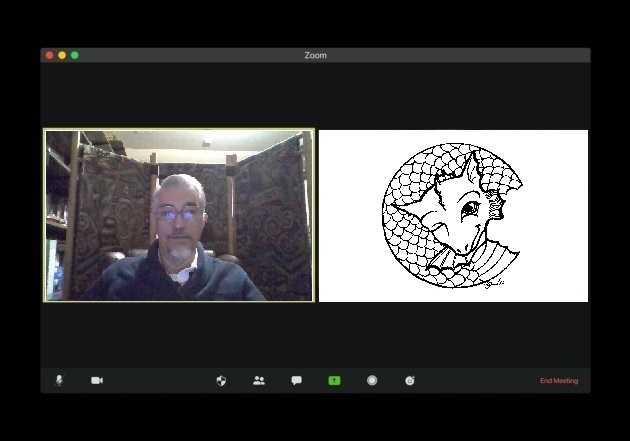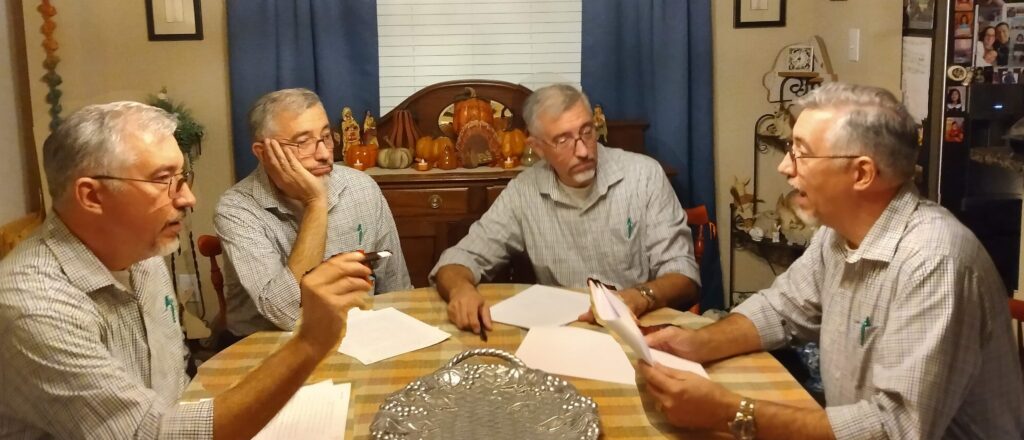Had a frantic, but fun-filled weekend at Chessiecon 2021. Chessiecon, named for the sea monster lurking in the Chesapeake Bay, is a science fiction and fantasy convention held each year during the Thanksgiving weekend. For the second year, they made it a virtual conference. And free!
I find it energizing to be in the company of other authors. Their different perspectives on the activity we love always inspires new story ideas. I’ll summarize the seven panels for you.
How to be a panelist / moderator / presenter at SF/F cons
Author DH Aire did a fine job moderating this panel, consisting of Yakira Heistand and me. We shared our experiences, good and bad, and some valuable tips for serving as a panelist, moderator, or presenter at Chessiecon or other cons.
Underwater Cities. Is there merit to this idea?
I moderated this panel, with help from Linda Adams and John Monahan as panelists. Together we held a wide-ranging, informative discussion of the implications and likelihoods of underwater cities of the future. I’m ready to move to one now!
Why Read the Classics?
A rather heavy topic for a Saturday morning, but we did our best to keep it light and fun. Though I moderated the topic, Melissa Scott and Thomas Atkinson needed little help or direction from me as they spoke about classic literature they enjoyed, its impact on their lives and writing, and the lasting importance of the classics.
Why Aren’t They Writing Like They Used To?
Yakira Heistand moderated this panel, with Linda Adams and me as panelists. Science Fiction has certainly changed over the decades, and we explored the differences between stories then and now, and the reasons for them.
Pandemics Throughout History, and Their Effects on Literature
If we’d done this panel two years ago, nobody would have showed up. Suddenly everyone’s interested in pandemics. I served as a moderator for this panel, with Melissa Scott and John Monahan as expert panelists. If you take the list of pandemics in history, and the list of stories about pandemics, you can match them up pretty well. Moreover, there’s an evolution of the types of stories, from straight reporting of actual plagues as facts of life, to stories of made-up diseases, to tales focusing on the race for cures and vaccines, to viruses from space, to man-caused pandemics, and, most recently, to diseases with bizarre symptoms.
Worldbuilding in Your Story
Basically, we taught attendees how to play God for fun and profit. Once again, I moderated, with Cathy Hird (who posts a weekly column in the Owen Sound Hub), Melissa Scott, and John Monahan as my esteemed panelists. They did a great job conveying the fun of building your own fictional world, with instructions and warnings about the pitfalls.
What Did I Do to Survive the Great Pandemic?
Held late on Saturday night, this panel surprised me. I thought nobody would show up. Worse, Chessiecon hadn’t designated a moderator. There I was, along with Yakira Heistand and John Monahan, scheduled to talk about surviving a pandemic. Not only did people show up, but we invited them into the discussion and they contributed fascinating stories of how the pandemic changed their lives.
All in all, a wonderful time. It’s not every weekend that I can enjoy the company of authors, fans, and a sea monster, without once leaving the home of—
Poseidon’s Scribe



